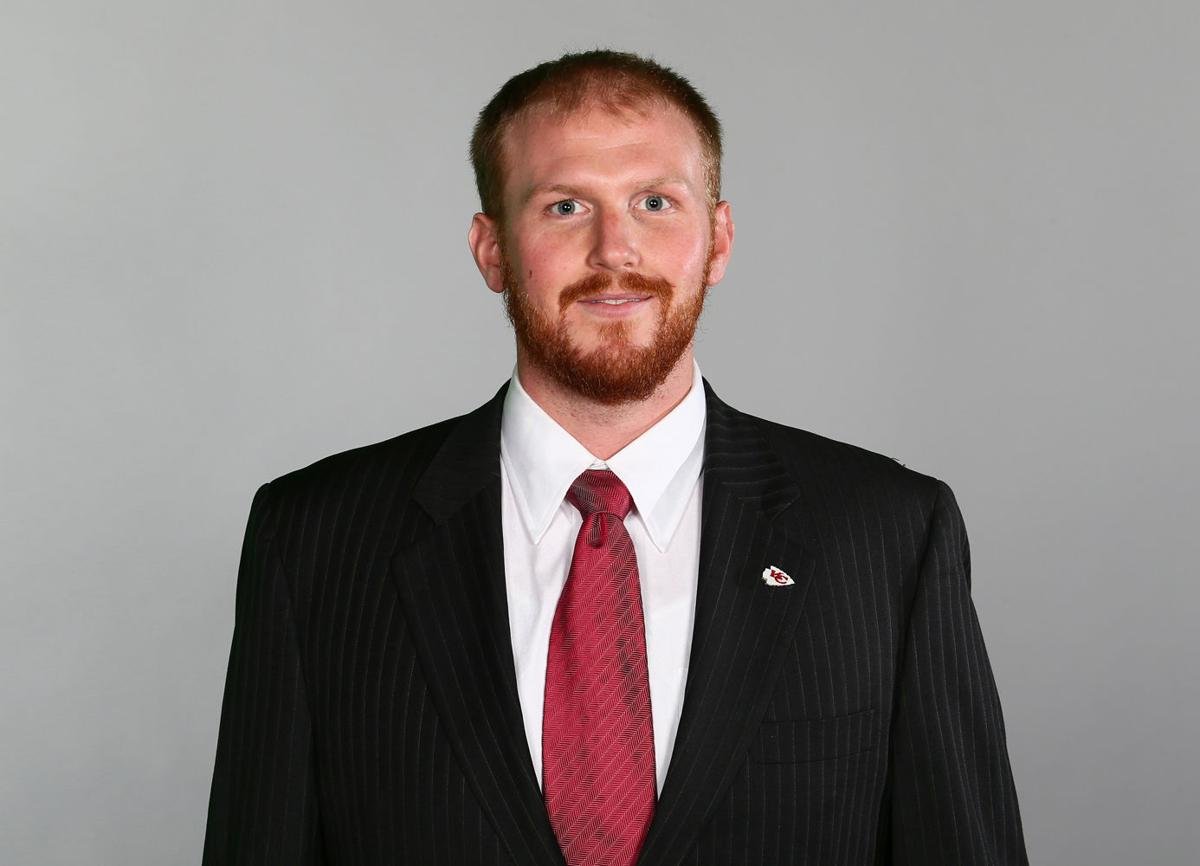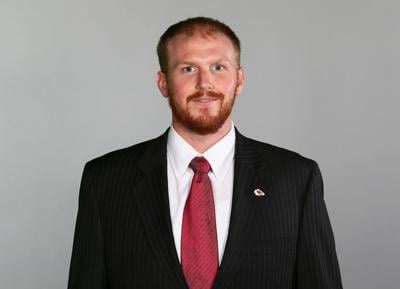JEFFERSON CITY — Clayton attorney Bevis Schock has a question he wants to ask Missouri Attorney General Andrew Bailey. Several questions, actually.
That’s what Schock told Cole County Circuit Court Judge Christopher Limbaugh on Tuesday afternoon, in a hearing to decide whether Bailey gets to seize the money of Tonya Honkomp.
Honkomp is incarcerated at the Women’s Eastern Reception, Diagnostic and Correctional Center in Vandalia, serving a stint for meth possession. In late September, she was transported by ambulance from the prison to a hospital, where she gave birth to a baby girl in an emergency C-section. Charlette Reffitt was born five weeks early, at 6 pounds and two ounces.
People are also reading…
“She’s doing amazing despite her obstacles,” Honkomp told me this week in an email.
The Missouri Legislature passed a bill in 2022 to create a nursery in the prison system so women could keep their babies with them. But the Department of Corrections doesn’t have it up and running yet, so Charlette is living with her father and grandmother in Oklahoma.
Bailey is trying to seize about $19,000 from Honkomp under the Missouri Incarceration Reimbursement Act, or MIRA, which allows the state to take assets from prisoners to help pay for the costs of incarceration. The law has been used by attorneys general since the late 1980s, though it’s never provided more than a tiny fraction of the Department of Corrections budget.
Honkomp got the money when she sold a house in Park Hills before she went to prison. She hopes to be paroled this spring. The money was going to help her rebuild a life with her baby.
After I wrote about her case, Schock reached out to her and asked if he could represent her. In the case, Schock filed a series of interrogatories, asking Bailey’s office to answer questions. Among them: Who decides which inmates get to keep their money, and which don’t? Bailey’s office has refused to answer the questions, citing attorney-client privilege.
“Somebody’s making a decision here and we think we have a right to talk to that person,” Schock said in court. Then he got to the meat of the matter.
“Britt Reid served 16 months in prison but there’s no MIRA case against him. Is it conscience shocking to go after the pregnant lady but not the son of the coach of the Chiefs?”
In 2022, Reid was sentenced to three years in prison for DWI in an incident that seriously injured 5-year-old Ariel Young, who was in a coma for several days. Earlier this year, Gov. Mike Parson commuted the rest of Reid’s sentence to house arrest. Britt is the son of Kansas City Chiefs Head Coach Andy Reid and, in 2020, made more than $485,000 in income, .
Schock and a fellow attorney, Dave Nelson, have made several arguments in three separate MIRA cases. One of the arguments is that the law is being applied without due process, in an arbitrary and capricious manner. To prove his case, Schock wants to ask how Bailey decides whose assets to take.
“Why was there no case filed there?” Schock asked about Reid, who presumably has more assets than most of the people the attorney general has sued.
“I’m sort of shocked that they’re playing ‘hide the ball’ here,” Schock added.
Limbaugh denied Schock’s motion to compel Bailey’s office to answer questions. Honkomp’s case is now headed to the same spot as those of two other Schock clients, Daniel Wayne Wallace and Brian Owens: awaiting a Limbaugh ruling on the constitutionality of the MIRA law. After that, the cases likely will make their way to the Missouri Supreme Court.
In yet another two cases — involving Ronnie Pope and Chris Brownfield — Limbaugh allowed Bailey to take only a portion of the inmates’ assets. The two men are represented by Irene Karns, a retired public defender in Columbia. Karns was in court Tuesday to observe. She, like Schock and Nelson, believes the MIRA law is unconstitutional, if not just mean.
The fact that Limbaugh is allowing Pope and Brownfield to keep much of their money — in both cases, the money was obtained in legal settlements for abuses the men suffered in jail — shows that cracks are forming in the MIRA wall, with a judge recognizing that taking away a person’s ability to rebuild their life is unjust.
Brownfield is happy that Limbaugh ruled he could keep $19,000, a little more than half of his legal settlement. But he still wants to see the MIRA law overturned so future Missouri inmates don’t have to worry about the state stealing their nest eggs.
“Offenders leaving incarceration after paying what is considered by the courts to be a sufficient penalty for their offenses are in much need of any start-up funds they may have preserved to ensure they have the best chance of being productive,” Brownfield, who is 68, told me this week in an email. “My ultimate hope would be that the higher court would find the MIRA act to not only be legally unsound, but also offensive to society’s goals.”
������Ƶ metro columnist Tony Messenger discusses what he likes to write about.
























